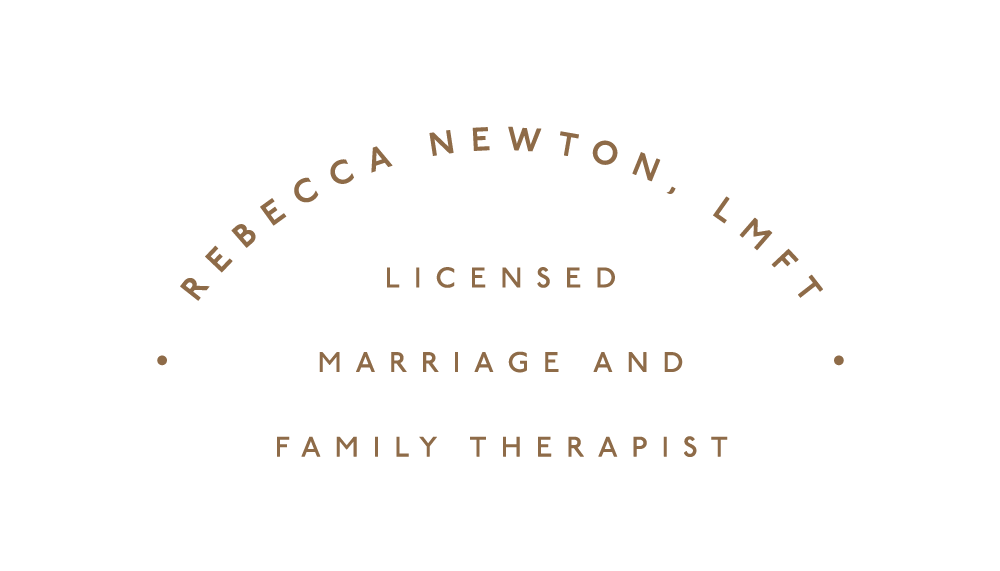How to be an (Im)perfect Parent
In a society where perfectionism is idealized, do you ever stop and think about what it really means to be perfect? What is the impact it has on your children and your family? Our lifestyles are increasingly showing value in what appears to be "perfect": Instagram models, curated photos and social media feeds, Facebook highlight reels. From the outside it looks really cool, people's lives appear beautiful and flawless just like an art gallery. But, lets be honest, an art gallery is what it really is. It is not real life. A Social media feed is a carefully selected grouping of photos and words meant to convey an idea, a feeling, or a mood. We curate our outside-selves the same way an art show is curated, by highlighting what we want others to see and by leaving out what we'd rather keep private. I'm a fan of social media, don't get me wrong, but I think that we all need to have (and to teach our children) a healthy and realistic view of what it is, and to not let it seep into our everyday life.
As a parent I challenge you to think about this (perfectionism) differently. The moment you stop trying to be perfect as a parent is the moment you actually become perfect as a parent. However, the definition of "perfect" changes. I will argue that being a perfect parent means making regular mistakes, making messes, losing your cool from time to time, or accidentally swearing in front of your child. This makes you a perfect parent because it teaches your child about life and prepares them for the road ahead. See below for my reasoning.
I want to explain why I believe that the old way of thinking about perfect parenting is, in fact, flawed. If we think about perfect parenting to mean that we meet our child's every need, always keep a level head and teach the best lessons, never forget to turn in a school assignment, or never blurt out the words "oh sh*t!" when a car swerves into our lane on the freeway, then we are actually doing our children a disservice. We are not preparing our children for LIFE, we are only fulfilling our own unmet need to be in control. On the flip side, by not meeting your child's needs 100% of the time you allow the opportunity for them to develop resiliency and self-care skills (skills they can take into adulthood!) WE NEED these skills in adults, and our young adults are currently lacking these skills because nobody realized 20 years ago what impact it would have. By being imperfect we will actually create children who grow into adults who are ready for adulthood! By forgetting to turn in your child's homework assignment you allow your child to develop their own sense of responsibility. If you have a bad day and are snappy with your child at dinnertime you allow the opportunity to repair the relationship at bedtime and model to your child how to own up to their mistakes and apologize, modeling how to be an honest and emotionally aware person. If you accidentally swear or say something inappropriate you give yourself an opportunity to teach your child that words are just words, but that some words also carry some extra baggage around (which leads to a great way to talk to your children about bullying!)
By making mistakes and accepting that this is a normal part of functioning as an adult you allow yourself to have a bigger impact on your child's functioning for their whole lifespan. A child who has every need met for their entire life will have poorly developed skills to navigate the waters of adulthood, careers, relationships, and their own parenting (and their parents will burn out well before they reach these milestones). Children don't learn from having you do things for them. They learn from watching you carry yourself in the world, and from making mistakes and accomplishments in their own interactions with the world. They learn from being. Truly being in the world doesn't come from perfectionism.
So allow perfectionism to be something that you don't strive for. Allow it to be something that exists in the world of social media, but not in your living room. Allow your family to have ups and downs, to make big and small mistakes, to mend relationships that have been damaged even if unintentionally, and to be something imperfect. Allow yourself to be real. Be real about your expectations, your limits, your hopes, and your shortcomings. You will open up a whole new world of love, learning, and skills for your entire family. You will create skills in your child that they will carry through the rest of their life. I challenge you to accept that your imperfection is actually your greatest gift.
